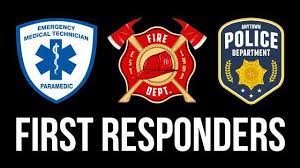Men and women cope with stress differently. Studies have found that men typically respond to stressful or threatening situations with “fight or flight” (and sometimes freeze). Women, however, are more likely to respond with “tend and befriend.”
Tending involves taking care of people.
Befriending is the process of reaching out to people to create a network of support.
In simple terms, women are wired toward protecting, calming, and befriending in stressful situations as a method of diffusing rather than reacting by fight, flight, or freeze. This biological-behavioral response is at the core of our maternal instinct and stems from primitive reactions to threats, including predators, assaults, natural disasters, and any other threats to self and offspring.
To paraphrase a study by Shelley Taylor, et al., if we consider a situation where a mother and her child are in danger; fighting and running is not a viable option. The mother cannot fight and ensure the safety of her child at the same time. She also cannot run away at top speed while dragging or carrying a child. In this case, they are both at higher risk of danger. However, by seeking help, the mother and child have a better chance of survival. Safety in numbers. We all know this phrase. But, more than that, it is believed to be ingrained in our chemical response to stress. This instinct has been passed down, through the principle of natural selection, through subsequent generations.A woman’s “tend and befriend” instincts can create a reliance on the support of others during stressful or threatening situations. In this case, it may make them more vulnerable to experiencing PTSD symptoms, especially if they feel rejected, abandoned, or isolated from their support network.
*****
“If you believe change is possible, you want to change, and you are willing to do the work, you absolutely CAN get your life back.”
Get your copy of The Soldier's Guide to PTSD, The Soldier's Workbook,
or Acknowledge & Heal, A Women's-Focused Guide to PTSD





